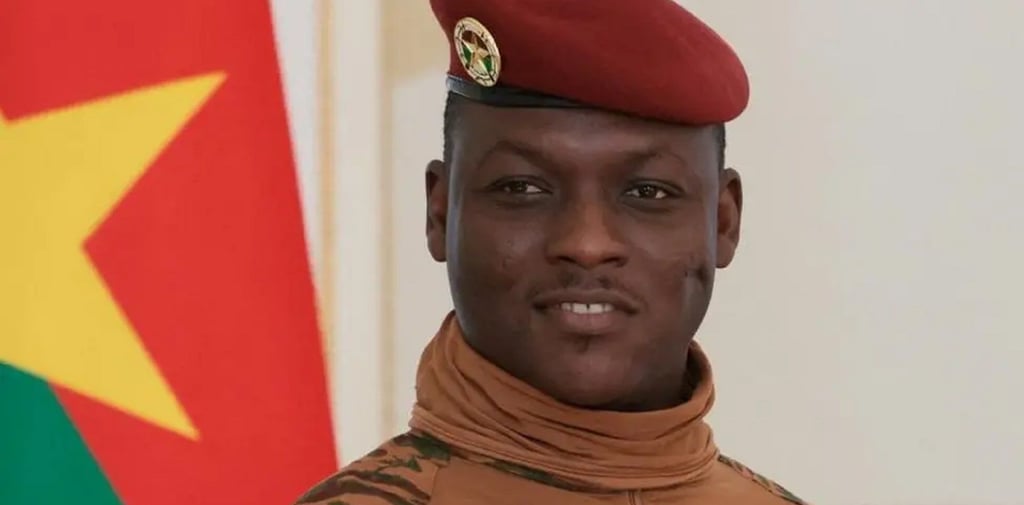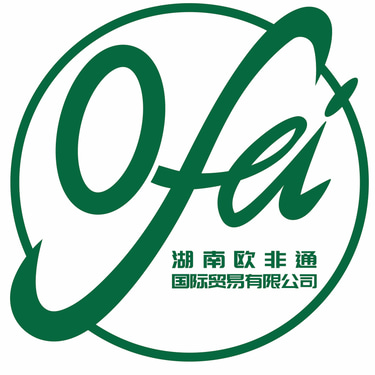Burkina Faso Rising: Ibrahim Traoré and the Return of Sovereignty in West Africa
Burkina Faso’s President Ibrahim Traoré is leading a bold push for sovereignty, reform, and Pan-African unity. From rejecting French influence to partnering with China, his vision is reshaping West Africa’s future.
AFRICA RISING
Harriet Comley
7/24/20253 min read


Burkina Faso Is Reclaiming Its Sovereignty — And the World Is Watching
Once called Upper Volta under French colonial rule, Burkina Faso officially gained independence in 1960. Yet for decades afterward, it remained politically unstable, economically dependent, and strategically tied to its former coloniser, France. The legacy of colonialism lingered not just in official languages or currency systems, but in governance structures, resource control, and military partnerships.
Now, in the 2020s, the tide is turning.
Captain Ibrahim Traoré, who assumed power in September 2022 following a popular military coup, is emerging as a lightning rod of change. Just 34 years old at the time, Traoré is not only the world’s youngest sitting head of state but also one of its most unapologetic voices for African self-determination. And his message is clear: Burkina Faso belongs to the Burkinabé people, not to foreign interests.
A New Vision for Burkina Faso
In just under two years, Traoré has launched sweeping reforms aimed at restoring dignity, economic independence, and national control:
Economic Equity: Traoré cut the salaries of ministers and parliamentarians by 30%, while increasing civil servant wages by 50%.
Debt Clearance: His government began repaying local debts, easing pressure on domestic contractors and suppliers.
Resource Nationalisation: Two major gold mines were nationalised, and Burkina Faso launched a national refinery capable of processing 150 tonnes of gold annually.
Industrial Investment: The construction of two tomato processing factories is part of a broader push for agro-industrial growth.
Education & Youth: Traoré pledged to build 40 university amphitheatres in five years, ensuring expanded access to higher education.
Security Autonomy: He declared general mobilisation to fight terrorist insurgencies with Burkinabé forces—not foreign troops.
These are not symbolic gestures. They are structural changes designed to move Burkina Faso from dependency to autonomy.
China and Burkina Faso: A New Kind of Partnership
Since resuming diplomatic relations in 2018, China and Burkina Faso have expanded their cooperation across energy, infrastructure, and education.
Energy Independence: In 2024, Burkina Faso secured a €45.7 million loan from China’s Export-Import Bank to fund the Donsin Solar Power Plant. With 25 MW capacity and modern battery storage, it marks a turning point for energy sovereignty.
Cement & Construction: The CISINOB SA cement plant, a joint venture with Chinese partners, was opened in March 2025, producing 2,000 tonnes per day.
Healthcare & Education: China has dispatched medical teams and scholarships, alongside a new Confucius Institute in Ouagadougou to foster knowledge exchange.
Defense Cooperation: As France exits, China has stepped in to provide affordable military equipment and technical support.
Unlike traditional Western aid models, these partnerships emphasize mutual benefit and long-term capacity—not control.
A Stadium Reborn: August 4 Stadium Renovation
Under Traoré’s leadership, Burkina Faso completed the renovation of the August 4 Stadium in Ouagadougou, previously suspended by CAF. The project restores a key sports venue to international standards and stands as a symbol of national pride and cultural renewal.
More than a sports upgrade, it represents infrastructure sovereignty—reclaiming neglected assets and using them to build unity, youth engagement, and economic opportunity.
Decolonisation Is Not Dictatorship
Traoré’s fiercest critics are not in Ouagadougou but in Paris and Brussels. Western media have rushed to label him an authoritarian. But that criticism reeks of colonial double standards.
When European states impose sanctions, dictate economic policy, or send troops abroad, it’s called diplomacy.
When an African leader expels foreign troops, reclaims resources, or restores local legal systems—it’s suddenly a "dictatorship"?
France, in particular, has struggled to accept that Burkina Faso no longer wants to be a client state.
Traoré expelled French diplomats, closed French military bases, and replaced colonial judicial robes with traditional Faso Dan Fani. These are not mere symbols — they are acts of political and cultural reclamation.
If France and its allies imposed sanctions on African countries for seeking independence, why shouldn't African nations do the same in return?
The Pan-African Moment
Burkina Faso is not alone. Alongside Mali and Niger, the country formed the Alliance of Sahel States in 2023 — a mutual defense pact grounded in sovereignty and solidarity.
Traoré is quickly becoming a Pan-African icon. From Accra to Bamako, young Africans are watching as Burkina Faso charts its own course — and refusing to apologise for it.
His leadership may not be perfect. But in a world still shaped by colonial residue, Burkina Faso is finally walking in its own shoes.
That, in itself, is revolutionary.
Sovereignty is not a threat — it’s a birthright. And no former empire has the moral ground to say otherwise.
